Myocardial infarction is a very serious disease.
After the onset of the disease, the arteries supplying blood to the heart itself are blocked. As a result, the myocardium in the supplied area is ischemic, myocardial cells cannot work normally, and malignant arrhythmia, cardiogenic shock, etc. may be complicated, endangering life.
The incidence rate of this disease is very high in European and American countries. For example, in the United States, about 1.5 million people die of myocardial infarction every year.
However, in recent years, the situation in our country has become not optimistic.
According to < < China Cardiovascular Disease Report 2015 > >:
In 2014, cardiovascular diseases among urban and rural residents in China were still the number one cause of death, higher than tumors and other diseases.
From 2002 to 2014, the mortality rate of acute myocardial infarction showed an upward trend, with at least 500,000 new myocardial infarction occurring every year!
A very worrying number. It is especially important to avoid myocardial infarction.
Doctor Du He of the Department of Cardiology of Shanghai Changhai Hospital listed 6 factors that are easy to induce myocardial infarction. Those who have already had cardiovascular diseases or have had a history of heart disease cannot underestimate these small things, pay more attention to them, and can save their lives.
Constipation
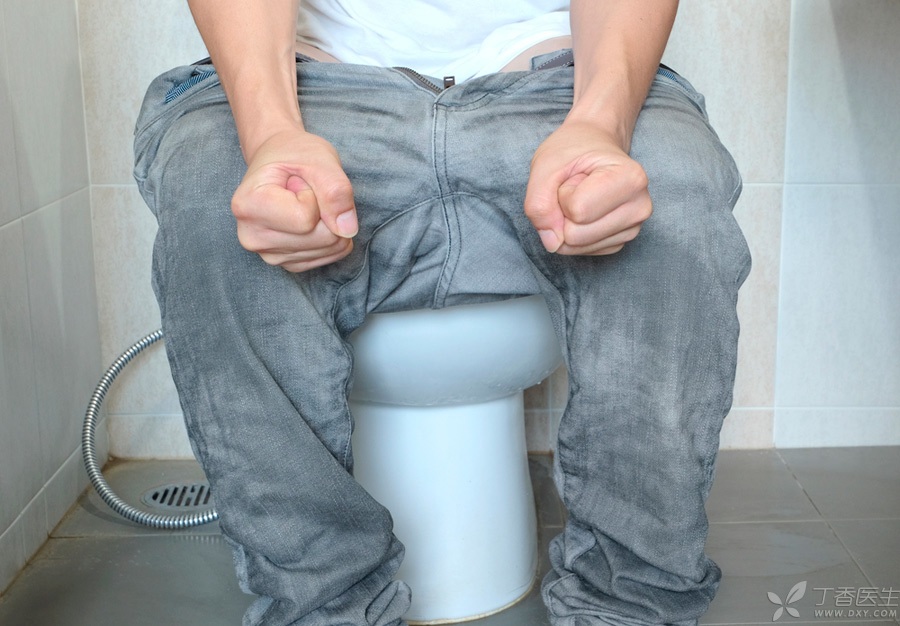
Many people have constipation.
If there are hypertension, arteriosclerosis and other conditions, the elasticity of blood vessels is poor and cannot bear too much pressure.
Clinically, it is not uncommon for patients with myocardial infarction caused by hard breath holding during constipation.
Patients with coronary heart disease should pay attention to the habit of regular defecation, and take some measures to relieve constipation and moisten intestines when necessary.
Smoking and drinking
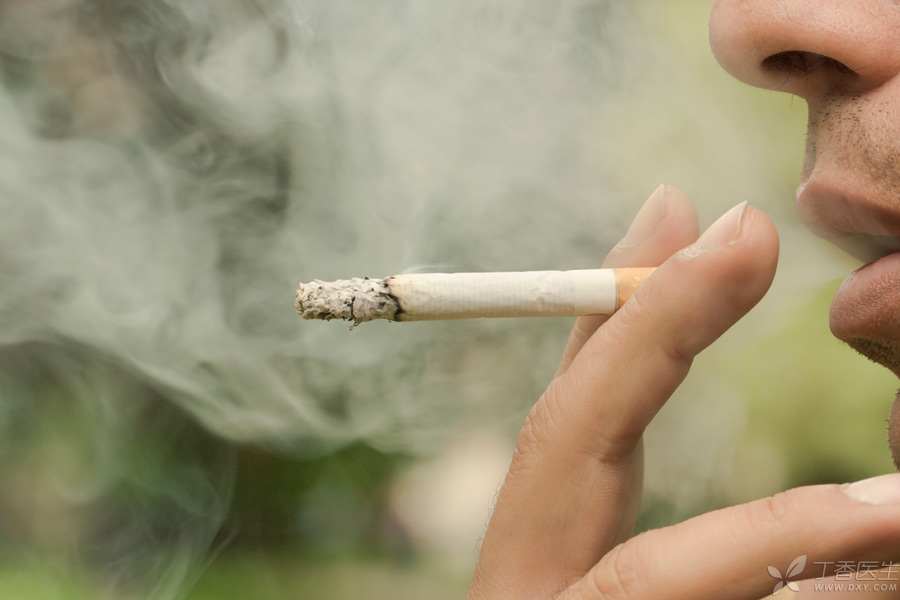
Smoking and heavy drinking will spasm the coronary artery supplying blood to the myocardium and increase myocardial oxygen consumption, thus inducing acute myocardial infarction.
All people should give up smoking and limit alcohol. Yes, all people, friends with bad hearts themselves, should be strict with themselves.
Cold stimulation
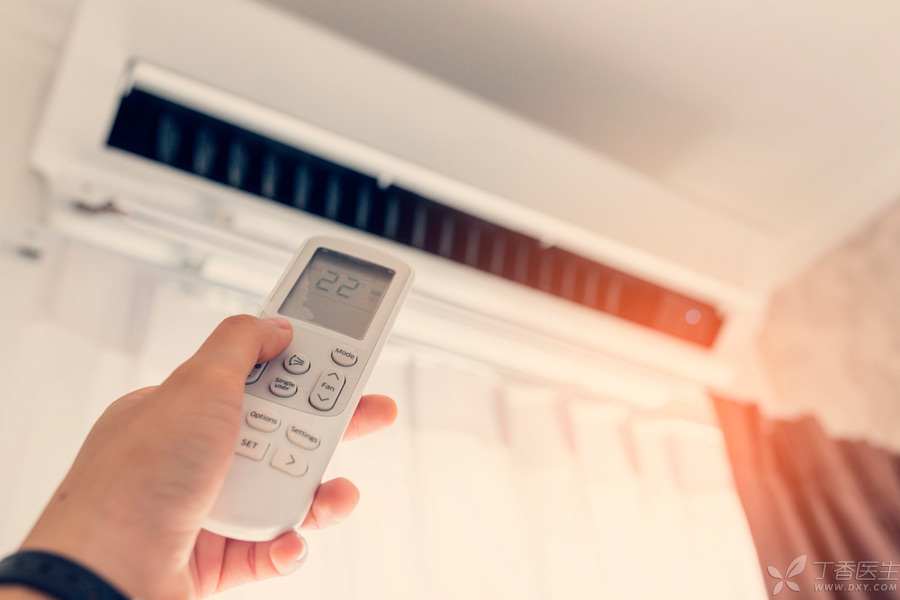
Sudden cold stimulation is easy to cause sympathetic nerve excitation, heart rate acceleration and blood pressure rise, which may induce acute myocardial infarction. This is one of the reasons why the incidence rate of acute myocardial infarction is relatively high in winter and spring cold seasons.
Therefore, patients with coronary heart disease should pay great attention to keeping warm and cold.
At present, it is extremely hot summer, and it is important to pay attention to the air-conditioned room.
Air-conditioned room is an ideal summer resort, but attention should be paid to the temperature difference between indoor and outdoor. In order to adapt to temperature changes, human blood volume will change, and patients with poor heart or coronary heart disease are prone to myocardial infarction.
Remind patients with coronary heart disease that they must avoid cold and hot in summer. The temperature of the air conditioner should not be adjusted too low. It is appropriate to set it to about 25 degrees.
When you are sweating profusely and your body is hot and dry, don’t suddenly use cold water or cold wind to stimulate you. Remember, remember.
Eat and drink too much

It is not uncommon for myocardial infarction to occur after overeating.
After eating a large amount of high-calorie and high-fat food, the blood lipid level will suddenly rise, resulting in an increase in blood viscosity, causing slow local blood flow, promoting thrombosis on the basis of coronary artery stenosis and leading to acute myocardial infarction.
Therefore, avoid full meals and heavy drinking.
Overwork
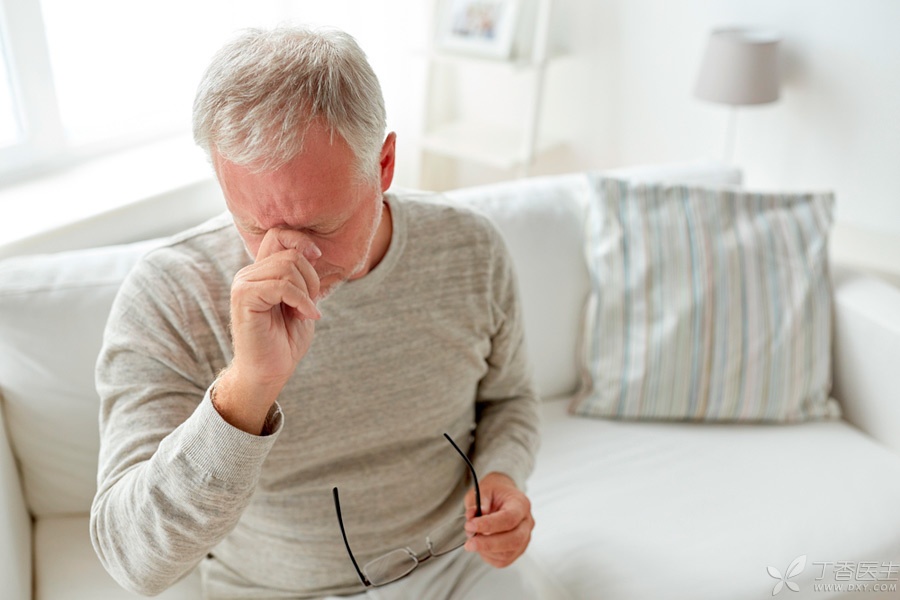
Overwork and overwork of physical labor, especially weight-bearing climbing buildings and excessive physical activities, can aggravate the burden on the heart and increase the myocardial oxygen demand sharply. Myocardial ischemia is caused by the hardening and stenosis of coronary arteries in patients with coronary heart disease, which cannot be fully expanded.
Ischemia and hypoxia can induce coronary spasm, further aggravate myocardial ischemia, and in severe cases can promote acute myocardial infarction.
Old friends should follow the principle of gradual and orderly progress and do what they can when doing aerobic exercises, such as fast walking, jogging, cycling, swimming and Taijiquan, and do not overdo it.
Emotional stimulation

Emotional excitement and mental stress lead to sympathetic nerve excitation and increased secretion of related hormones, causing coronary artery spasm and reduced myocardial blood supply, which may induce angina pectoris and even myocardial infarction.
Therefore, it is very important to self-regulate the mental emotions of patients with coronary heart disease.
After myocardial infarction, how to do it?
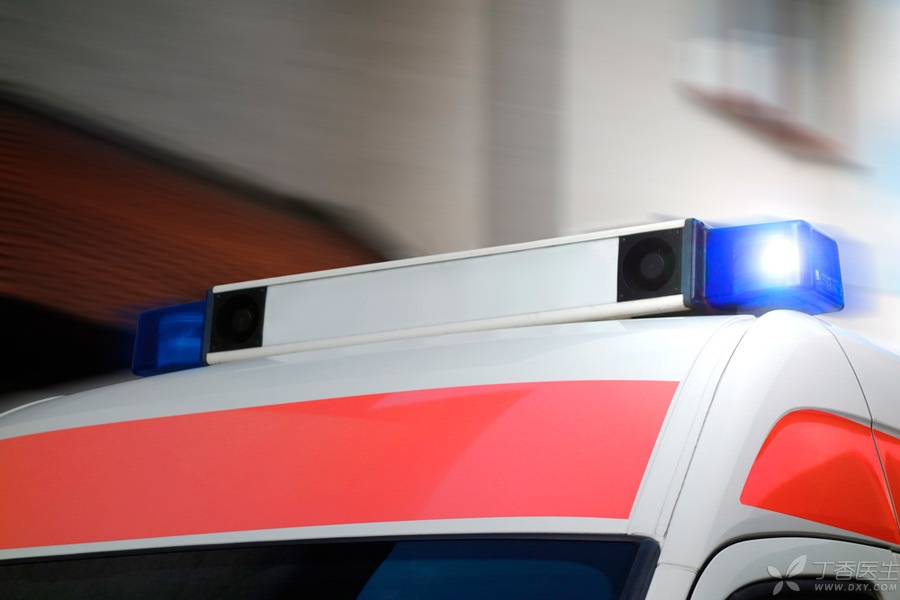
More than half of the deaths caused by acute myocardial infarction occur before reaching the hospital. Therefore, it is especially important to do some what between the onset and the arrival at the hospital.
Remember to keep calm. When you feel chest pain, accompanied by sweating, nausea and discomfort, and radial pain in your arms or back, you should immediately stop all activities and rest in situ.
At the same time, call the emergency phone and wait for the arrival of medical personnel. If conditions permit, oxygen should be given immediately.
While waiting, closely observe the changes of the disease condition, appease the patient and relieve the tension.
If the patient is in a coma, the patient’s head should be tilted to one side to remove oral and nasal secretions in time to keep the respiratory tract unobstructed.
However, once the patient has cardiac and respiratory arrest, chest compressions and mouth-to-mouth artificial respiration shall be carried out immediately until the medical staff arrive.
